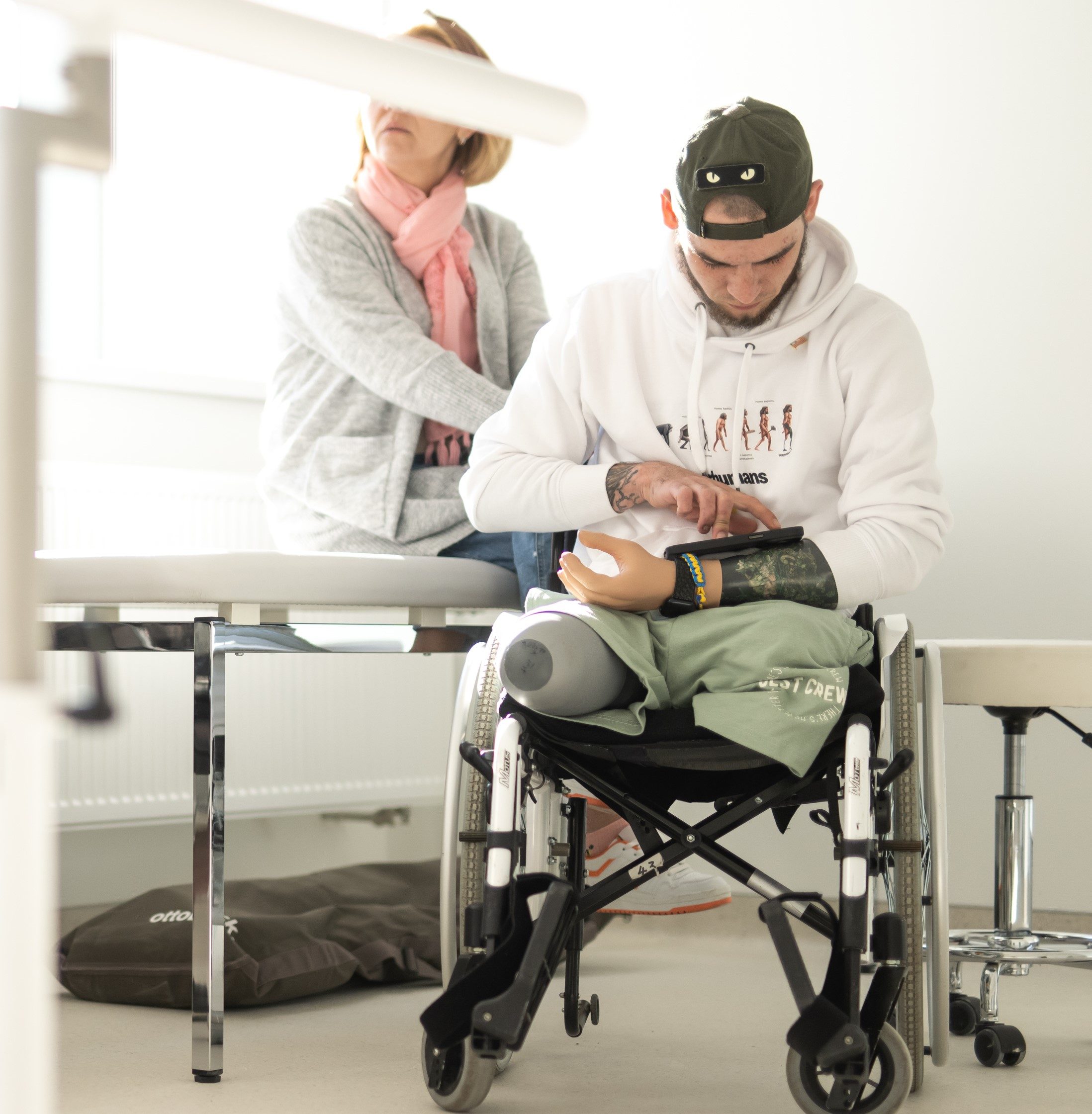What makes good hospital design?
We believe that intelligent hospital design starts with the patient and the clinical outcomes we’re trying to achieve. In order to ensure that a healthcare building works for those using it, we believe a bespoke approach to standardisation is key.
A bespoke approach
Intelligent hospital design is essential if the Government is to succeed in building 48 new hospitals. This vision can be achieved quickly and innovatively, if a collaborative and flexible approach is taken to standardisation. Learning needs to be shared and adapted to meet the unique needs of each project. The potential benefits associated with standardisation including lower costs, higher quality and rapid build need to be retained simultaneously.
This requires fresh thinking and is recognised by the Health Secretary, Steve Barclay, who recently stated: ‘there is an urgent need to change how all NHS buildings are constructed in the future’, which means ‘moving away from bespoke designs by local trusts and instead having national standardised designs built through Modern Methods of Construction, where the construction time on site is much quicker…and the operational performance is delivered quicker.’
Using Modern Methods of Construction (MMC), we can rapidly create high quality buildings, using a range of off-site manufacturing and on-site techniques. These rapid construction solutions aim to increase efficiency, quality, environmental performance and sustainability.
Individual building schemes can use standardised designs while developing solutions that work locally. Creating intelligent hospitals can therefore ensure high quality and sustainable care for future generations.
Health Spaces understands the importance of designing flexible spaces. The pandemic reinforced the need for hospitals to be able to rapidly reconfigure clinical areas to meet changing needs, without the need for major building work to take place. Rooms and spaces need to be designed to change function or accommodate multiple functions.
Intelligent standardisation
Through existing healthcare design expertise, we know that most clinical and patient spaces can be planned using a standard grid, which allows for a standard module to be used in most clinical settings. Within these modular designs can sit any type of clinical setting – from new hospital theatres to endoscopy suites, maternity and emergency departments – healthcare spaces which can be repeated at scale as required.
Repeatable modular healthcare spaces not only work independently to increase patient capacity within hospitals and healthcare settings but can also be used together to rapidly create larger hospital facilities.
This partnership between MMC, clinical best practice and the design of repeatable suites of space can reduce costs and lead times.
While we offer standardised designs, it is by working closely with clinical and estates teams that our architecture teams are able to fully understand a hospital’s specific needs – thinking through all the details around improving the patient experience and delivering operational efficiencies to ensure the design is right. Through this close partnership we are able to ensure we design and deliver what a hospital needs in order to deliver world-class clinical outcomes and exceptional patient experience.
New hospital builds
Demonstrating intelligent design in action is the new modular 28 bed ward designed and currently being built by Health Spaces for James Paget University Hospital. Described as ‘a blueprint for how all NHS buildings are constructed in the future,’ the new hospital ward is providing a case study for the Trust to test various New Hospital Programme (NHP) principles, including incorporating single-bed in-patient rooms. The James Paget University Hospital was selected to be one of the new hospitals built across England by 2030.
Paul Morris, Chief Nurse, at the hospital: “What we have been able to do by designing our concept ward is take all of those frustrations our staff and our patients feel when we are working and caring for people in those environments, our patients’ feedback, national and international research, our best practice. This concept ward is going to try to amalgamate all of those things into one place.”
While the build incorporates elements of standardised designs – the hospital’s new concept ward embeds clinical best practice into the design of repeatable suites of space, which can then be replicated in the NHP – staff, clinicians and designers from Health Spaces have collaborated throughout the design process of the new hospital ward.
Paul Morris: “As part of our concept ward we are developing a research proposal to really look at how we measure those benefits and whether they have had the intended benefits we think they have. Whether it’s improvements in infection control, length of stay, quality of care, patient feedback, staff feedback. All of that put together – what are the benefits – will help us to inform decisions as we move forwards to a New Hospital Programme.”
Success in design and build relies on close collaboration with clinical staff to ensure the new building meets all stakeholder objectives. This approach has been much appreciated by staff at Newham Hospital, where Health Spaces is designing and constructing a new 26 bed ward and Critical Care Unit.
Elizabeth Abrahams, ICU Matron at Newham Hospital: “My staff have been very welcoming and excited about the project. Currently we are in a slightly older intensive care unit. The new unit will provide state-of-the-art equipment; the space will be much brighter, with fresh décor … It’s been great to work and co-design the space with Health Spaces… a modern unit, bespoke built.”
The extension will be linked to the main hospital, and is being built utilising MMC. The modules have been pre-constructed off-site and then delivered to site. This means the main infrastructure work, drainage and foundations could be carried out simultaneously to ensure for a reduce programme time of approximately 50%.
This investment by Newham Hospital is part of its planned infrastructure improvements to provide improved services for patients. The new facilities are expected to be operational by summer 2023.
Shaping the future of healthcare
In our experience, the delivery of the biggest, most ambitious hospital building programme in a generation is possible. We believe intelligent hospital design starts with the patient and the clinical outcomes we are trying to achieve.
Standardised hospital designs are a great starting block and can speed up the design process, but the most important aspect of good healthcare design is to ensure the desired outcome for patients and staff is achieved without any compromise on quality and compliance.
Intelligent hospital design is not a ‘one size fits all’ but a methodology that can help to assemble and inform future hospital design from a set of standard designs to help drive innovation, improve sustainability and facilitate rapid delivery.
At the centre of intelligent hospital design is a commitment to getting it right first time through close collaboration with all stakeholders.




